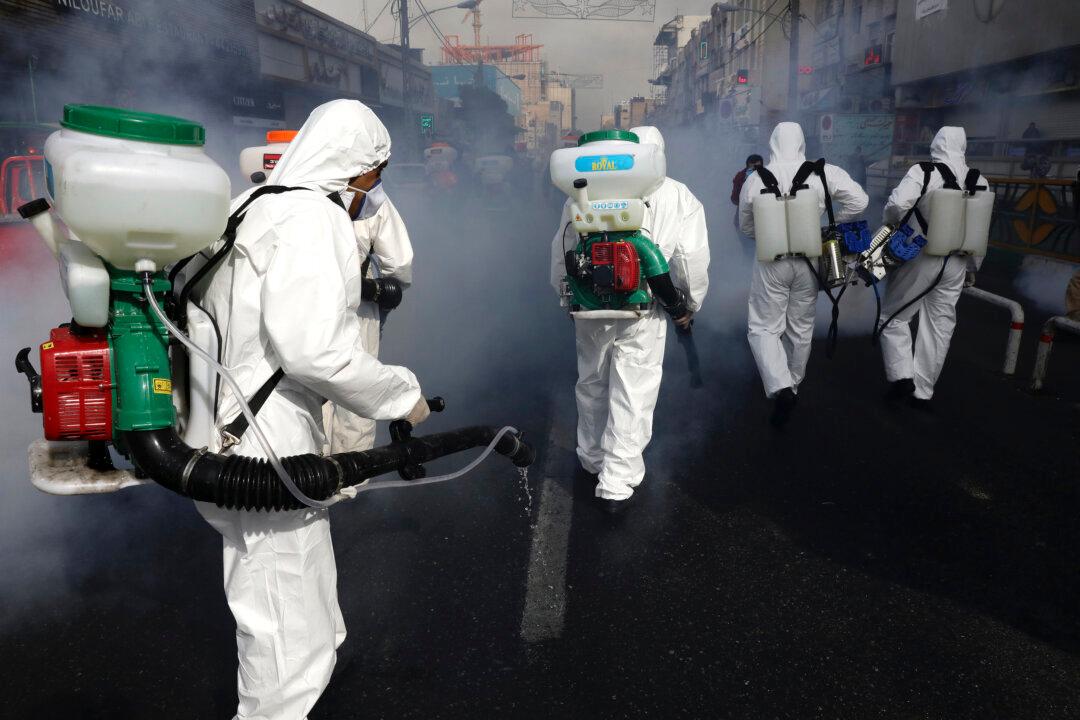Italy, South Korea, and Iran have emerged as epicenters of the coronavirus outbreak that started in Wuhan, China. Experts said these countries’ economic and political ties with China facilitated the spread of the virus that has now emerged as a global pandemic, according to the World Health Organization (WHO).
The Wuhan virus appeared at the end of the year and has now infected over 142,000 people around the world, with the number very likely to increase, according to the March 14 situation report of the WHO.





